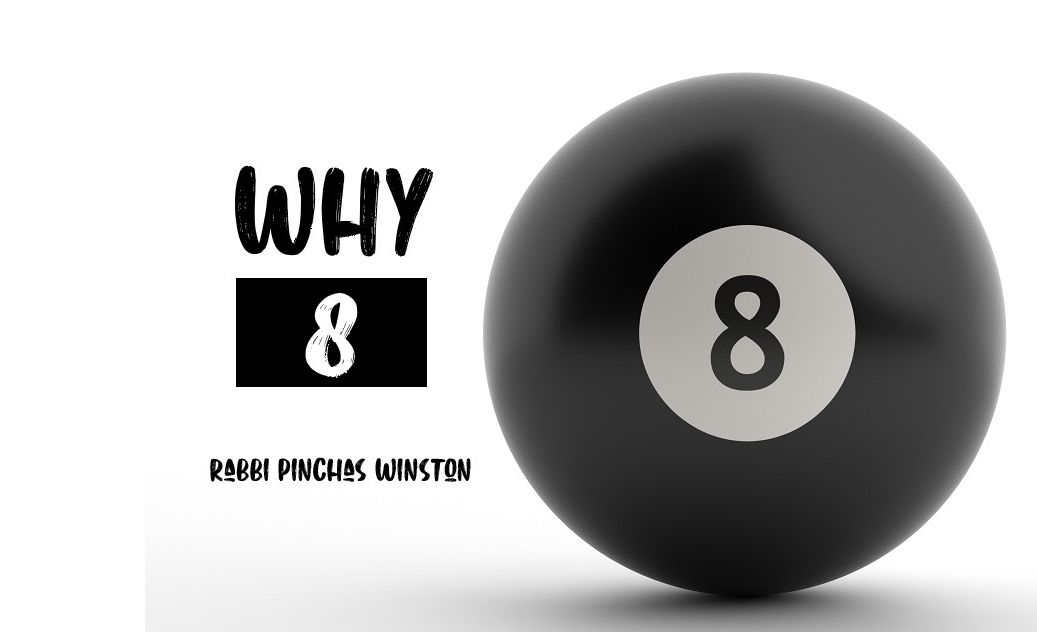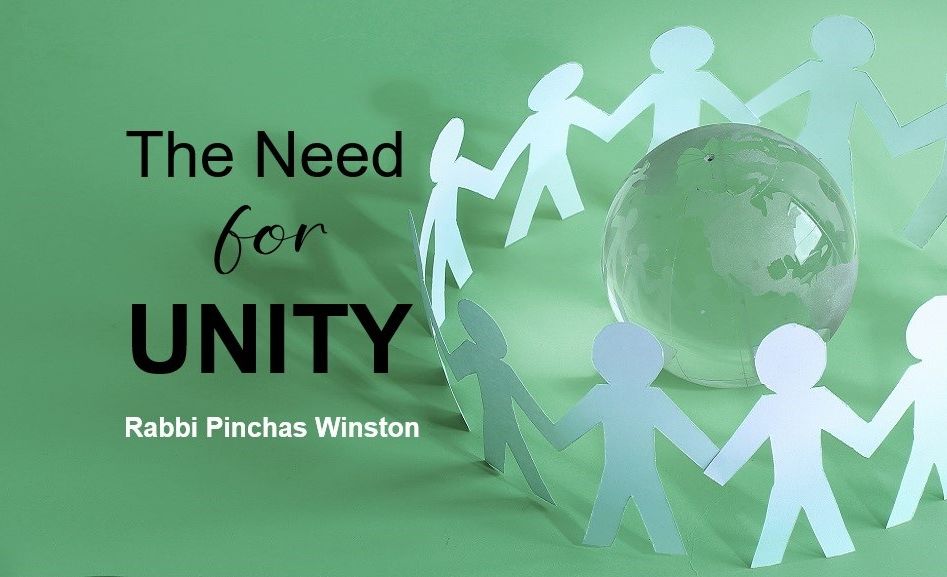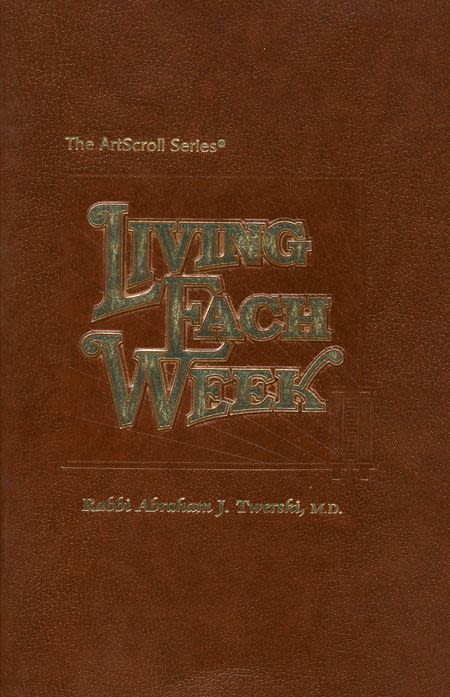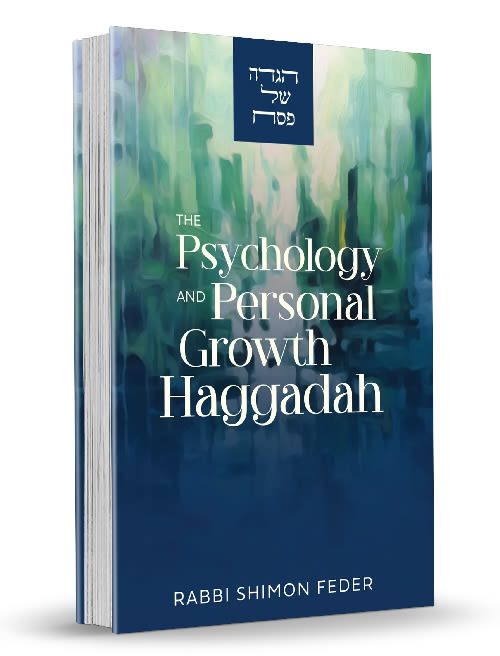
Tazria: Removing the Barrier
Animals cannot change their status from impure to pure, but a man can - through Brit Mila and all that it represents…

:א וַיְדַבֵּ֥ר יְהֹוָ֖ה אֶל־משֶׁ֥ה לֵּאמֹֽר
:ב דַּבֵּ֞ר אֶל־בְּנֵ֤י יִשְׂרָאֵל֙ לֵאמֹ֔ר אִשָּׁה֙ כִּ֣י תַזְרִ֔יעַ וְיָֽלְדָ֖ה זָכָ֑ר וְטָֽמְאָה֙ שִׁבְעַ֣ת יָמִ֔ים כִּימֵ֛י נִדַּ֥ת דְּוֹתָ֖הּ תִּטְמָֽא
:ג וּבַיּ֖וֹם הַשְּׁמִינִ֑י יִמּ֖וֹל בְּשַׂ֥ר עָרְלָתֽוֹ
G-d told Moshe, “Tell the Children of Israel that if a woman conceives and gives birth to a male, then she will be ritually unclean for seven days . . . On the eighth day, his foreskin must be circumcised. For the next 33 days, it will be a period of time during which her blood will be considered ritually clean…” (Vayikra 12:1-3)
If you recall, last week’s parshah ended talking about pure and impure animals. And, as Rashi explains, since animals were created first they are spoken about first, and thus this week’s parshah only now turns to a discussion about purity and impurity with respect to human beings, starting with a woman who gives birth.
That is why the reference to Brit Milah here is out of place. It’s not like we constantly need to be reminded that there is a mitzvah to circumcise a Jewish male on the eighth day after his birth, which the Torah just happened to use this reference to birth as an excuse to remind us again. So why break up the discussion about the laws of spiritual impurity with a reference to Brit Milah?
The truth is, if we recall what the Torah first said with respect to Brit Milah, this week’s parshah becomes a reminder of a different sort, and the reason for the allusion is clear. The Torah writes:
א וַיְהִ֣י אַבְרָ֔ם בֶּן־תִּשְׁעִ֥ים שָׁנָ֖ה וְתֵ֣שַׁע שָׁנִ֑ים וַיֵּרָ֨א יְהֹוָ֜ה אֶל־אַבְרָ֗ם וַיֹּ֤אמֶר אֵלָיו֙ אֲנִי־אֵ֣ל שַׁדַּ֔י הִתְהַלֵּ֥ךְ לְפָנַ֖י וֶֽהְיֵ֥ה
:תָמִֽים
:ב וְאֶתְּנָ֥ה בְרִיתִ֖י בֵּינִ֣י וּבֵינֶ֑ךָ וְאַרְבֶּ֥ה אֽוֹתְךָ֖ בִּמְאֹ֥ד מְאֹֽד
When Avram was 99 years old, God appeared to Avram and He said to him, “I am G-d A-lmighty, walk before Me and be perfect. I will make My covenant between Me and you, and I will multiply you very, very greatly.” (Bereishit 17:1-2)
In Hebrew, the word “perfect” is “tamim,” which is another term for someone who is spiritually pure. G-d was commanding Avraham to rise to even greater heights of spiritual purity than he already had, for he had gone as high as one can go while still living without circumcision. G-d told him, “Remove your foreskin and you remove the barrier to spiritual perfection and then, and only then, can you walk before Me.”
So therefore, Brit Milah is all about spiritual purity and human perfection, something unique to human beings. For, animals cannot change their status from impure to pure, but a man can through Brit Milah and all that it represents, and that is why it is on the eighth day after birth, a number that refers to the supernatural realm, a realm that animals cannot enter except through man himself.
What is interesting about Brit Milah is that it works in the opposite direction than we are used to when it comes to achieving spiritual perfection. Human beings were created with lacks, and it is our role to provide that which is missing. For example, we are not born with derech eretz — good manners — but have to be taught them and then we must work on integrating them into our approach to life. We are not born good learners, but must learn to learn and then practice to learn well.
However, Brit Milah is a procedure for removing that which is extra, a piece of skin that exists, seemingly, only for the sake of removing it; it is not a process of adding that which is missing. It is a gain that comes through a loss, and one that many people, including some Jews today, are fighting against to the point of asking for Brit Milah to be made illegal until the child is old enough to choose it for himself!
This is consistent with the Talmud that states:
[While the fetus is in the womb] they teach it all of Torah . . . Once the child is born, an angel touches it on the mouth and it forgets all of Torah. (Niddah 30b)
Forgets, not loses. For what would be the point of learning all of Torah only to lose ALL association with it? Rather, it remains with the person but he is distanced from it, and the learning process is one of being reminded of what one already knows on such deep subconscious level. That is why after we learn a new concept there is a feeling of recognition, as if we already knew the idea and had only forgotten it, which we did.
Thus, learning is also a form of Brit Milah, or removing the barrier that stands between our subconscious knowledge of everything and our conscious awareness of it. And, it is specifically Torah learning that best pierces and removes the foreskin around our hearts and minds, and the deeper the level of Torah knowledge, the more profound the revelation of inner truth one experiences.
***
Pinchas Winston is the author of over 95 books on various topics that deal with current issues from a traditional Jewish perspective. He has also written on the weekly Torah reading since 1993, called “Perceptions”, as well as on current topics and trends affecting Jewish history, past and present. One of his missions is to make the depth and beauty of the more mystical teachings of Torah understandable and accessible to those who can really benefit from them. Visit his website at thirtysix.org.












Tell us what you think!
Thank you for your comment!
It will be published after approval by the Editor.